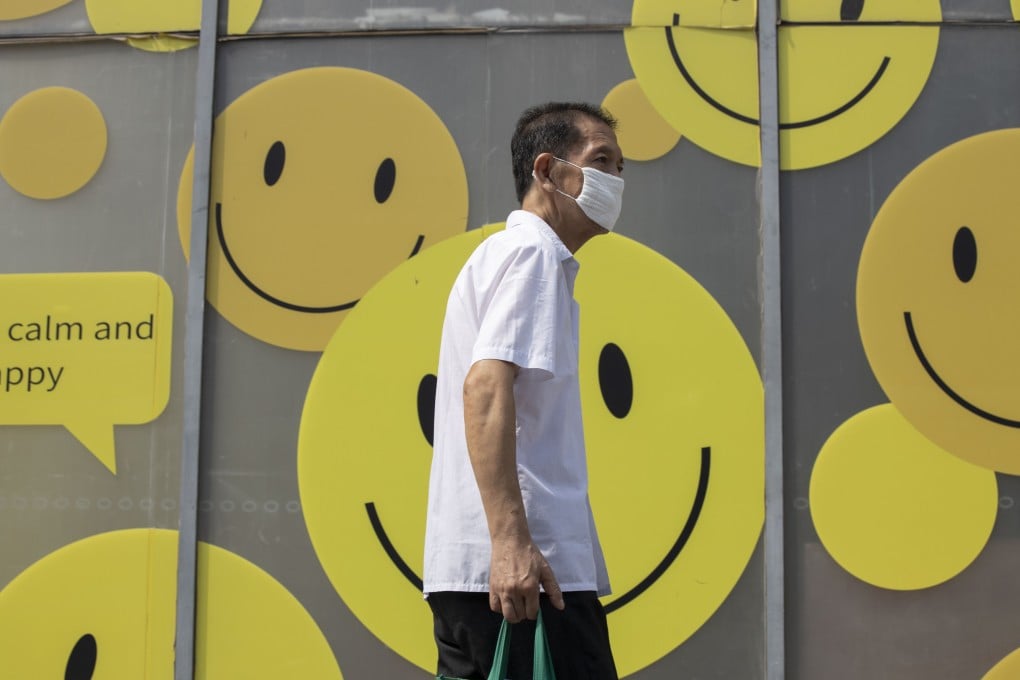Covid-19 news on WeChat and Weibo is stressing out Chinese netizens, study shows
- Survey links depression, anxiety and stress to reading news about Covid-19 on social media
- Social media also offers comfort during social distancing, creating a need for balance

Although the worst of the Covid-19 breakout in China has subsided, Catherine Zheng still remembers how fearful it made her. She dreaded taking Shanghai’s crowded metro into work. Her colleagues stopped drinking water at work just so they wouldn’t have to use the toilet. And she was also anxious about her parents’ health and possible financial insecurity if she fell ill.
The toll of the Covid-19 pandemic continues to be widely measured by the disease’s climbing fatalities. But it’s also taken a heavy toll on psychological well-being, as a new study details.
Reading news about the pandemic on social media is leading to depression, anxiety and stress, according a survey of 3,070 social media users in China. The study was a part of the annual Development Report on New Media in China from the Institute of Journalism and Communication at the Chinese Academy of Social Sciences (CASS) and the Social Sciences Academic Press (China) released on July 22. It concluded that the more social media users are immersed in stories about the pandemic, the worse they feel.
Zheng suggested this was the case for her. Using popular Chinese social platforms WeChat and Weibo probably contributed to her fears, she said.
“The constant bombarding of information made it impossible to distract oneself from the pandemic,” Zheng said. “With the number of confirmed cases only going up [and] no medical solutions available, I felt myself [and] my parents will be the next.”
According to the survey, people are spending a lot of time reading about Covid-19. Over 81 per cent of respondents said they spent between one and four hours browsing information about the pandemic. But just over 2 per cent said they spent a whopping nine hours reading about it.